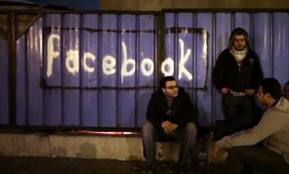The Latest from Iran (1 March): In Prison...And On the Streets?
 2050 GMT: Deutsche Welle carries this account from a participant in the protest in Tehran (translation by Tehran Bureau):
2050 GMT: Deutsche Welle carries this account from a participant in the protest in Tehran (translation by Tehran Bureau):
The number of security forces today in Tehran was higher than February 14 and 20. There were a lot of plainclothesmen. The security forces hit the protesters hard in an attack at Vali Asr Crossroads and closed off the area. They fired a few shots in the air and the crowd dispersed.We waited for half an hour in one of the side streets of Vali Asr and then exited with a few others. In the dark and cold, we started walking toward Enghelab and Azadi Squares. The entire crowd were walking toward the west on the sidewalks, but there were a lot of plainclothesmen among the people....Every now and then, security forces would politely take someone aside and check their camera, cell phone, bag, or wallet and then take a picture. I could see people on scaffolds, taking people's pictures from a wide angle after a minute's pause.
Right before Navab Avenue, the crowd got denser and security forces moved to disperse them. People quickly turned down side streets. Some said there were clashes on Navab and they don't want people to get there. We went toward Tohid like the other times. Then, we went toward Azadi and saw that people were moving away from the avenue because there were clashes down there. People were being attacked by security forces and plainclothesmen....
Security forces had brutally attacked protesters. Some people told us they had fired shots in the air repeatedly.
I can't say how many people were there. But I can tell you that half the people on the sidewalks were security forces and Basij.

 Tuesday, March 1, 2011 at 17:12
Tuesday, March 1, 2011 at 17:12






